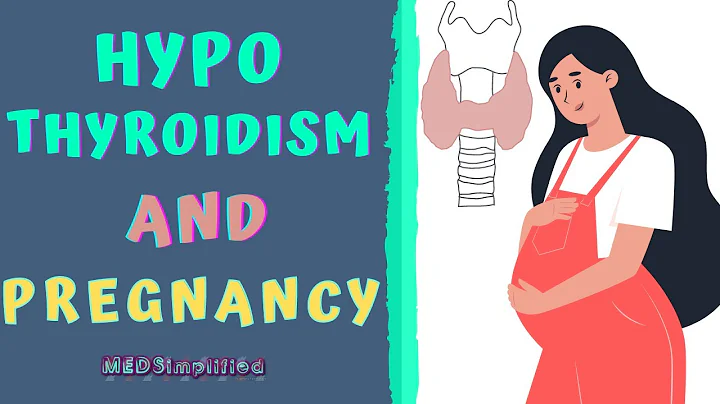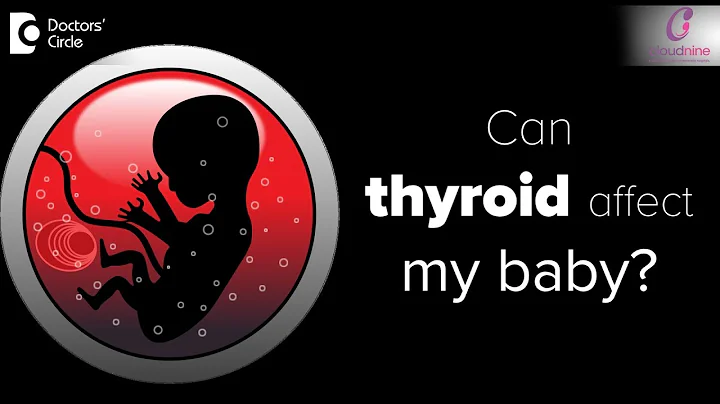
Some mothers suffer from hyperthyroidism before pregnancy and have been taking medication to treat hyperthyroidism during pregnancy. Due to the need for treatment, the medication needs to be continued during lactation, but I am afraid that breastfeeding after taking the medication will have adverse effects on the baby, so I refuse to breastfeed. Taking into account the benefits of breastfeeding to mothers and babies, and to dispel mothers’ doubts, this article has compiled the safety evidence and medication precautions for breast-fed babies using drugs to treat hyperthyroidism during lactation.

The drugs commonly used clinically to treat hyperthyroidism are propylthiouracil and methimazole.
propylthiouracil
Existing research shows that only a small amount of the drug is secreted into breast milk, and the amount absorbed by the baby is so low that it does not cause adverse reactions.
Related research shows that 9 lactating women took 200g of propylthiouracil orally. The drug concentration in the milk was measured 4 hours after taking the drug. The results found that it was only 0.007% to 0.077% of the dose. The dose was far lower than the therapeutic dose. It is harmful to breastfeeding. There is no risk to the baby. Another study confirmed that even if the mother took 200 to 300 mg of propylthiouracil every day for 5 months, the thyroid function of the baby was normal.
Methimazole
Breast drug concentrations of methimazole depend on the dose used by the mother, but are present at levels so low that clinical effects are unlikely.
The proportion of methimazole transferred into breast milk is 4 to 7 times higher than that of propylthiouracil. The amount secreted into breast milk accounts for approximately 0.1% to 0.2% of the dose. Studies have separately investigated the effects of mothers taking low to moderate doses (20 to 30 mg) of methimazole on the thyroid gland of breastfed infants, and found that almost all of the infants participating in the study had normal thyroid function. After patients with hyperthyroidism took methimazole during lactation, the language and IQ values of their breastfed offspring were not affected.
Safe Doses
Existing research evidence suggests that taking low to moderate doses of propylthiouracil and methimazole is safe for breastfeeding.
Considering that the population size of the existing studies is small, in order to ensure the safety of breastfed infants, the American Thyroid Association's "Diagnosis and Management of Thyroid Disease During Pregnancy and Postpartum" guidelines recommend that the maximum dose of propylthiouracil is 300mg/d. The maximum dose of methimazole is 30 mg/d.

Mother
1. It can be taken at a fixed time every day in divided doses and after meals;
2. There should be at least 3 to 4 hours between the time of taking the medicine and the time of breastfeeding to reduce the concentration of the drug in breast milk and the impact of the drug on the baby;
3 , Avoid ingesting high-iodine foods or iodine-containing foods while taking medication;
4. Regularly review thyroid function, blood routine, and liver function during medication.
babies
Watch out for symptoms of hypothyroidism. If there are clinical symptoms, such as unresponsiveness, sparse hair, thick tongue, enlarged tongue, eyelid edema, growth retardation, short stature, etc., the baby's thyroid function, including T4 and TSH, should be closely monitored during treatment. Monitor physical and mental development.
Generally speaking, the existing evidence and guidelines show that taking safe doses of anti-hyperthyroid drugs during breastfeeding is basically safe for breastfed infants. Pay attention to the interval between medication and breastfeeding to reduce the risk to the baby.

Warm reminder from the maternal and child pharmacist: Our hospital has opened a pharmacy clinic. Time: all day every Friday. Address: Obstetrics Department on the second floor of the clinic. If you encounter medication problems during pregnancy, pregnancy, lactation, etc., please come to us for consultation. Our hospital’s pharmacists will serve you wholeheartedly.

Reference:
[1] Guidelines for Diagnosis and Treatment of Thyroid Disease in Pregnancy and Postpartum (2nd Edition)[J]. Chinese Journal of Endocrinology and Metabolism, 2019(08): 636-665.
[2] Drugs and Breastfeeding (17th Edition) ). Translated by Xin Huawen and Yang Yong.
[3] Ma Jie, Ji Cheng, Ge Weihong. Clinical evidence and guideline recommendations for antithyroid drugs during lactation [J]. Pharmaceutical Progress, 2019, 43(09): 695-700.
[4] Ding Rong, Fan Jianxia. Interpretation of the American Thyroid Association's "2017 Guidelines for the Diagnosis and Treatment of Thyroid Disease in Pregnancy and Postpartum" [J]. Chinese Journal of Perinatology, 2017, 20(3): 165-169.
Xuzhou Maternal and Child Health Hospital Pharmacy Department
















![[PAINTING] Commitment to Craftsmanship: Improved Efficiency Decreases Environmental Impact - DayDayNews](https://i.ytimg.com/vi/M3nh_JoVt4E/hq720.jpg?sqp=-oaymwE2CNAFEJQDSFXyq4qpAygIARUAAIhCGAFwAcABBvABAfgB_gmAAtAFigIMCAAQARhKIGEoZTAP&rs=AOn4CLDehw7xp5erq5FbNkSRPmR5UYX5jQ)

![What is Change Management? [2024] - DayDayNews](https://i.ytimg.com/vi/GSWGPTx24JY/hq720.jpg?sqp=-oaymwEcCNAFEJQDSFXyq4qpAw4IARUAAIhCGAFwAcABBg==&rs=AOn4CLBEEG7ZxFmRvabw7tVMEAyahJt7xQ)


